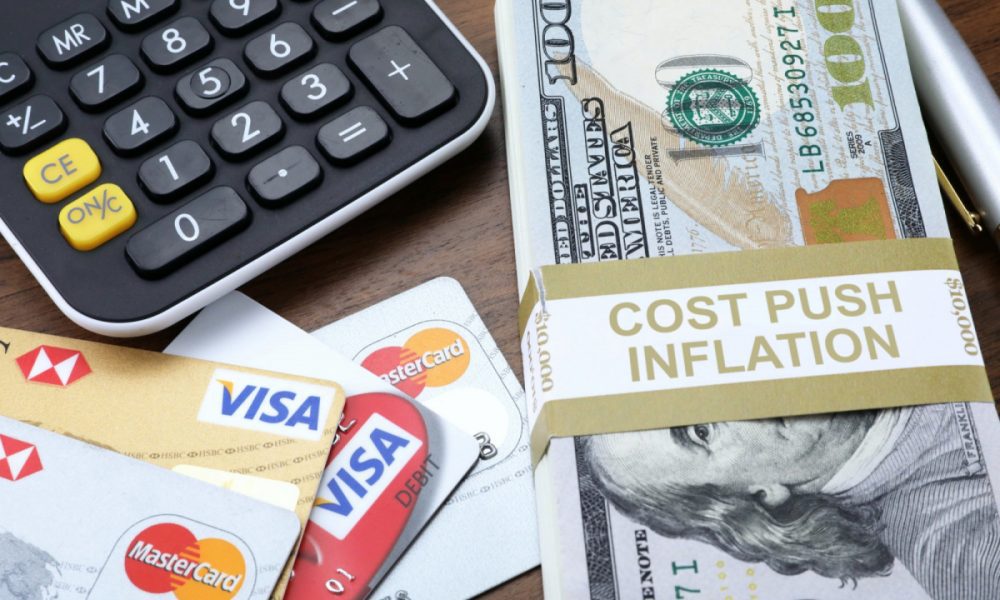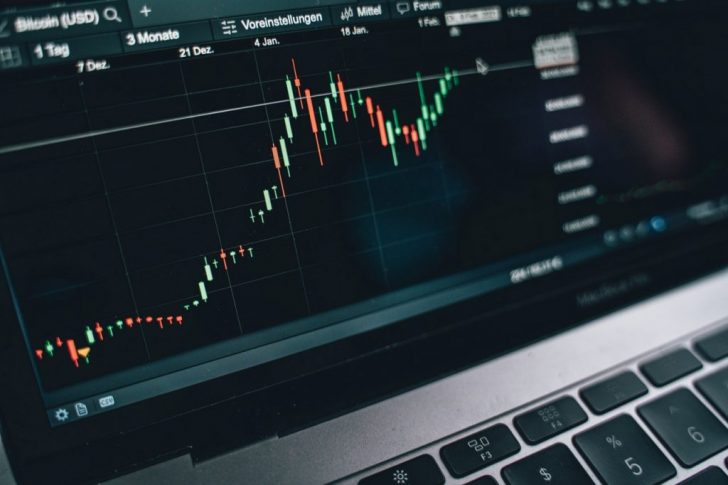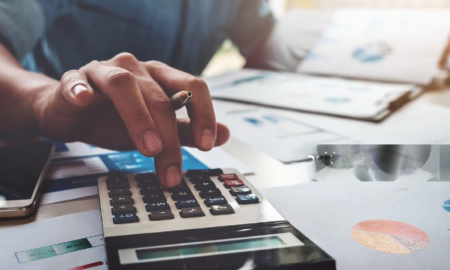
How To Save Yourself From Financial Loss During Inflation

The term “inflation” refers to the rate at which a currency falls or rises. A simple way to understand inflation is to describe the gradual rise in prices or the slow decline in the purchasing power of your currency over time. Inflations can drastically erode your purchasing power over a short period and these fluctuations in prices occur broadly across many sectors or industries, such as the automotive business and the energy industry.
While losing the value of your dollar bills can be frustrating, economists consider inflation a sign of a healthy and prospering economy. This is because inflation forces people to spend or invest a small amount of their savings rather than stuff it all in a cookie jar or inside your pillow.

Alesia Kozik/ Pexels | The Federal Reserve targets a 2% inflation rate, based on the Consumer Price Index
However, once inflation spreads throughout the economy, the expectation of further inflation becomes an overriding concern in the consciousness of consumers and businesses.
Typically, inflation occurs from an increase in production costs or an increase in product or service demands. In the U.S., the chief measures of inflation are Consumer Price Index, Personal Consumption, Expenditures Price Index, and the Producer Price Index, while the Federal Reserve monitors inflation and adjusts the monetary policy accordingly.
How to protect your wealth from inflation?
Diversify your investments
You can maintain your purchasing power over a more extended period by determining the right assets for your investment. Before investing, you should consider some prominent factors such as income expenses, analyze the risk, the time horizon, and tolerance for damage. You can protect yourself by signing up for Treasury Inflation-Protected Securities, or TIPS. The TIPS principle is measured by the Consumer Price Index and increases with inflation and your paid interest rate, but decreases with deflation. However, when your TIPS bonds mature, you are paid an adjusted principal over a long period.

Tima Miroshnichenko/ Pexels | While high inflation is generally considered harmful, some economists believe that a small amount of inflation can help drive economic growth
Adding TIPS to your accounts can help you balance your fixed income or portfolio that is indexed to inflation. TIPS are backed by the U.S. federal government, ensuring that you have a safe investment and an effective way to diversify your investments.
Evaluate Your Budget
Evaluating your monthly expenditures and expected budget is an effective way to save money and reduce cash outlays. You can also refinance your loans and consolidate debts for a lower rate and instead use that money to invest in yourself. Keep track of your cash flow by monitoring your income, expenses, and savings.

Tima Miroshnichenko/ Pexels | While wages are still gaining, they’re growing at a slower rate than prices overall
Cryptocurrency
Cryptocurrency can be defined as a digital or virtual currency stored in digital wallets that does not require bank verification for the transaction. It is monitored and organized by a peer-to-peer network called the blockchain, and the tractions are recorded in a public ledger. Bitcoin is a type of cryptocurrency that can protect you against inflation because it offers limited supplies. However, it is challenging to incorporate bitcoins, ether, litecoins or monero into your diverse portfolio.
Invest
The stock market tends to beat inflation with its rate of returns; however, your money growth would be slower in times of deflation or inflation. Financial advisors suggest investing in sectors or industries such as the energy or water sector since stocks of these sectors rise in value according to the economy. You can also invest in real estate since the property’s value significantly increases during periods of higher inflation.
More in Legal Advice
-
`
Why Is My Gas Bill So High in the Winter? Top Reasons You Need to Know
Why is my gas bill so high in the winter? High gas bills arise when the temperature drops, and households begin...
August 23, 2024 -
`
How to Start a Taxi Business With One Car – And Be Profitable
The online taxi booking app industry is a goldmine in today’s market. It offers unmatched convenience for commuters, lucrative opportunities for...
August 16, 2024 -
`
Can You Go to Jail for Driving Without a License? Find Out Now
Driving is an essential part of daily life for many people, but it comes with responsibilities. One of the most fundamental...
August 9, 2024 -
`
Top 5 Richest “American Idol” Winners
“American Idol” has been a launching pad for many aspiring singers since its debut in 2002. The show has produced some...
July 29, 2024 -
`
Can Banks Notarize Documents for Free?
Navigating the landscape of legal documents can often lead you to one crucial service: notarization. Understanding whether you can access these...
July 23, 2024 -
`
5 Tried & Trusted Ways to Get Quality Property Clients
Wondering how to get property management clients? In today’s competitive market, securing high-quality property management clients can be a challenge. But...
July 17, 2024 -
`
If You Get Married in Vegas, Is It Legal Everywhere?
Las Vegas – the city of bright lights, electrifying energy, and…weddings? Absolutely! While renowned for its casinos and extravagant shows, Vegas...
July 12, 2024 -
`
What Is Jax Taylor’s Net Worth?
Jax Taylor, the unforgettable personality from Bravo’s hit show “Vanderpump Rules,” has become a reality TV mainstay. His larger-than-life persona, dramatic...
July 1, 2024 -
`
Here’s What Happens to Stock Options When a Company Is Acquired
When a company gets acquired, the acquiring company often has a set strategy for dealing with stock options. These strategies can...
June 26, 2024















You must be logged in to post a comment Login